Theology - Interactive Theological Learning
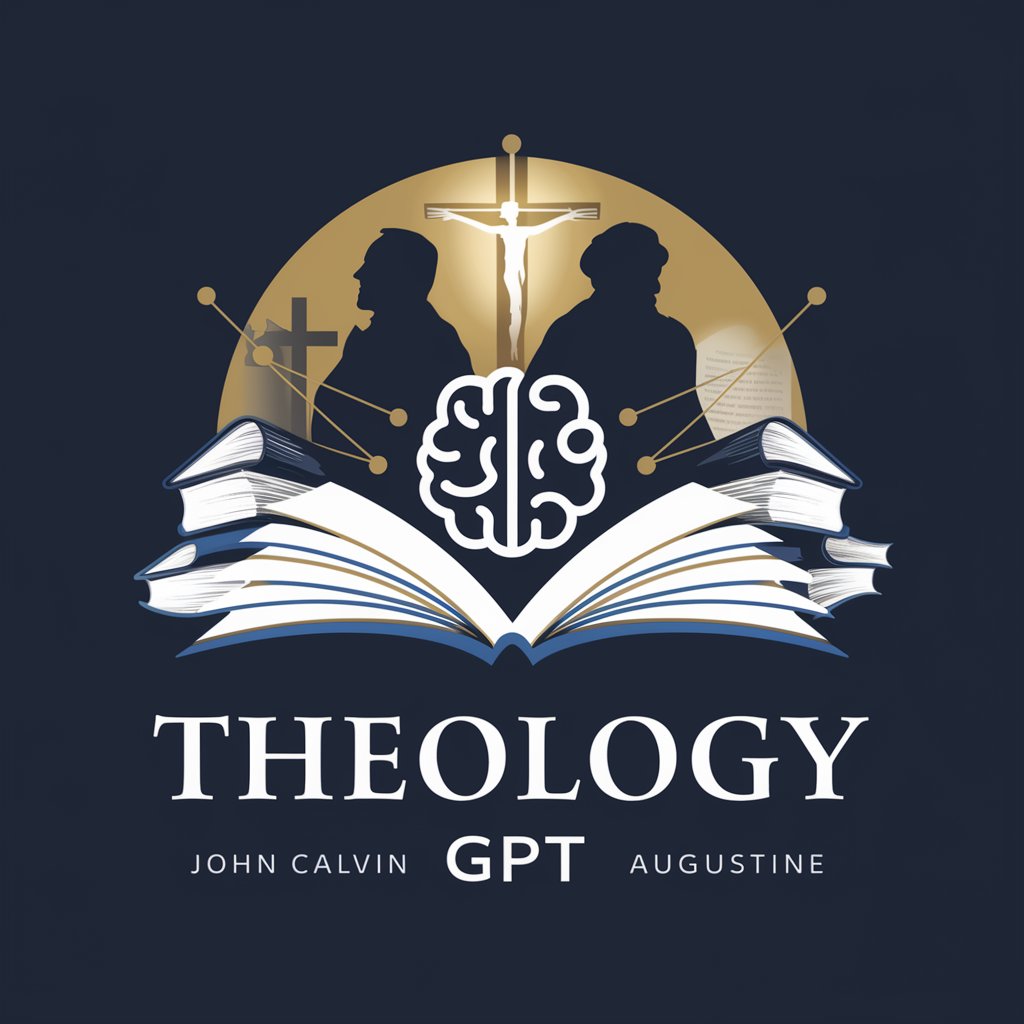
Welcome to Theology GPT, your guide to theological exploration.
Explore Theology with AI Guidance
Can you explain the concept of systematic theology?
What were the main teachings of John Calvin?
How does Martin Luther's theology differ from Jonathan Edwards'?
Can you simulate a conversation with Augustine on the topic of original sin?
Get Embed Code
Detailed Introduction to Theology
Theology is a comprehensive interactive tool designed to enhance understanding and engagement in theological studies. Its primary purpose is to serve as an educational resource, offering in-depth information on a wide range of theological topics. This includes facets of systematic theology across various religious traditions. Theology simulates conversations with historical theologians such as John Calvin, Martin Luther, Jonathan Edwards, and Augustine, based on their teachings and writings, to provide insights into their theological perspectives. Examples of how Theology functions include guiding users through structured dialogues on topics like the nature of God, the interpretation of sacred texts, and the history of religious movements. By engaging in simulated conversations with historical figures, users can explore different theological viewpoints in a controlled, educational format. For instance, a user could 'speak' with Martin Luther to understand his views on sola scriptura (scripture alone) and how it influenced the Reformation. Powered by ChatGPT-4o。

Main Functions of Theology
Educational Resource
Example
Theology provides detailed explanations on topics like the Trinity, salvation, and eschatology, using authoritative texts and scholarly works as references.
Scenario
A user studying the concept of the Trinity can access structured dialogues and explanations, comparing the perspectives of different theologians throughout history.
Historical Theologian Simulations
Example
Users can engage in simulated dialogues with Augustine to discuss his views on original sin and grace.
Scenario
A theology student preparing for an exam on Augustine's teachings can use these simulations to gain a deeper understanding of his works and thought processes.
Multiple-Choice Guided Conversations
Example
Theology offers branching paths in dialogues, allowing users to explore theological discussions based on their choices.
Scenario
A user interested in learning about predestination can choose to explore Calvin's views, Arminian perspectives, or compare both through a series of interactive questions and answers.
Facilitator of Theological Discussions
Example
Theology provides a platform for users to engage in in-depth discussions and debates on various theological issues.
Scenario
A group of students can use Theology to debate the merits of different atonement theories, supported by citations from theological texts and simulated input from historical figures.
Personalized Learning Journey
Example
Theology adjusts the complexity and depth of information based on user interactions and preferences.
Scenario
An amateur theologian with a keen interest in mysticism can receive tailored content that gradually introduces them to complex ideas in Christian mysticism and its key figures.
Ideal Users of Theology Services
Theology Students
Students studying theology at various levels, from undergraduate to postgraduate, use Theology to deepen their understanding of complex theological concepts and prepare for academic assessments.
Religious Educators
Teachers and educators in religious studies utilize Theology to create interactive lessons and provide students with a dynamic learning experience that includes historical simulations and theological debates.
Clergy and Religious Leaders
Pastors, priests, and other religious leaders use Theology to refine their theological knowledge and engage with the historical underpinnings of their faith, aiding in sermon preparation and pastoral counseling.
Lay Christians and Curious Learners
Individuals interested in exploring Christian theology, whether for personal growth or out of academic curiosity, benefit from Theology's accessible explanations and simulated dialogues with historical figures.
Academic Researchers and Scholars
Theologians and researchers in religious studies use Theology as a resource for accessing a wide range of theological writings and perspectives, facilitating scholarly research and interfaith dialogue.

Guide to Using Theology
Start at yeschat.ai
Visit yeschat.ai to access Theology with a free trial, no login required.
Choose your topic
Select from a broad range of theological topics or figures you wish to explore.
Engage in interactive sessions
Utilize the branching dialogues and multiple-choice formats to deepen your understanding of theological concepts.
Use simulation features
Interact with simulations of historical theologians like Augustine or Martin Luther to gain insights from their perspectives.
Provide feedback
Offer feedback on your experience to help improve Theology and tailor it more closely to user needs.
Try other advanced and practical GPTs
Dr. Joe Dispenza
Harness your mind's full potential
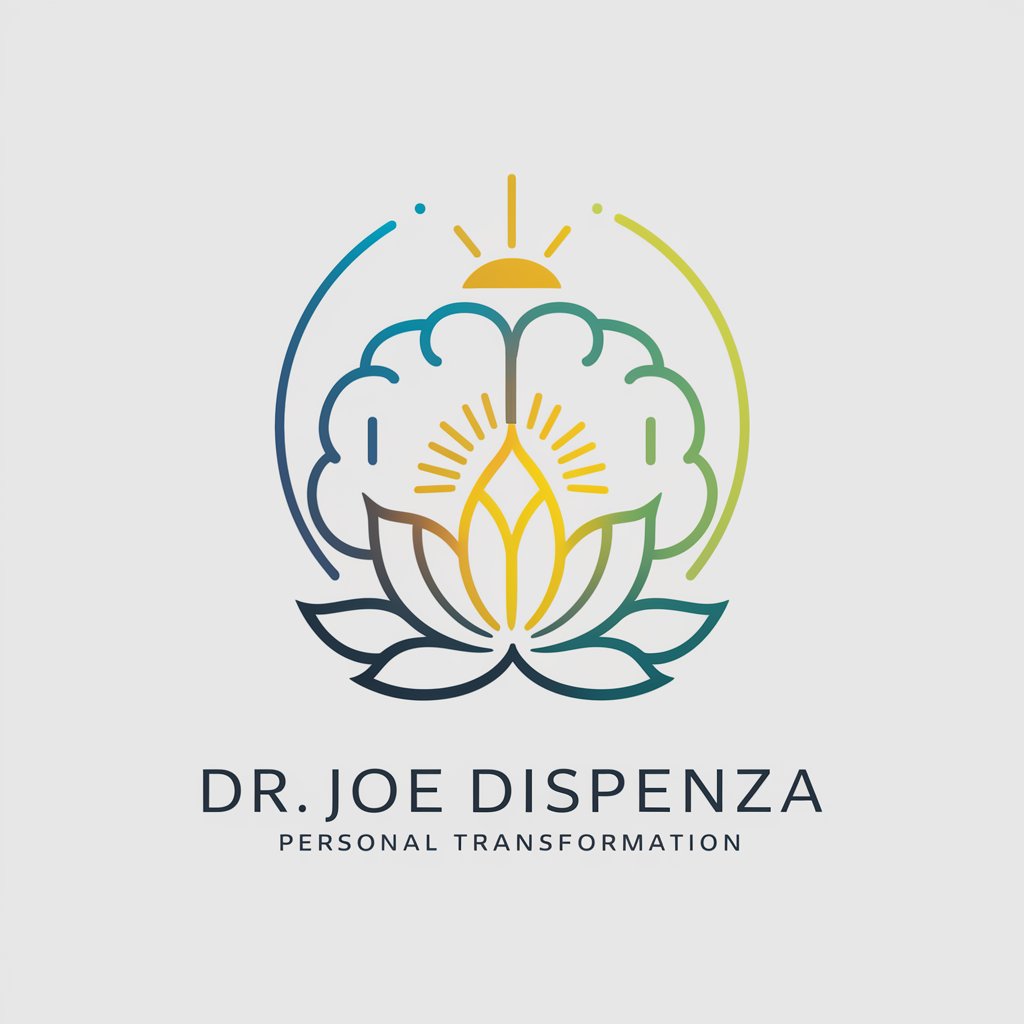
TLDR Article Analysis
Distill complex articles with AI power

한시충
Reviving the art of classical poetry with AI.
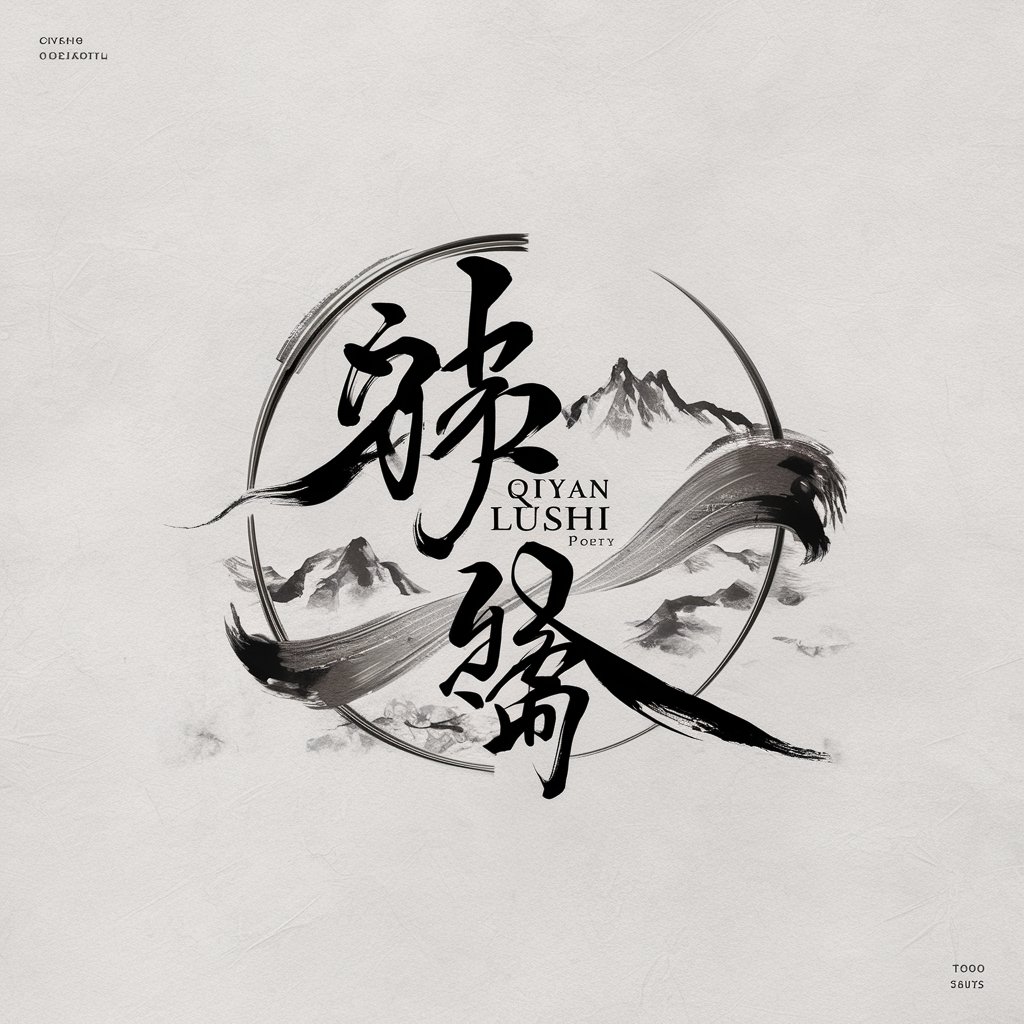
インスタ投稿分析ツール
AI-powered insights for smarter Instagram marketing
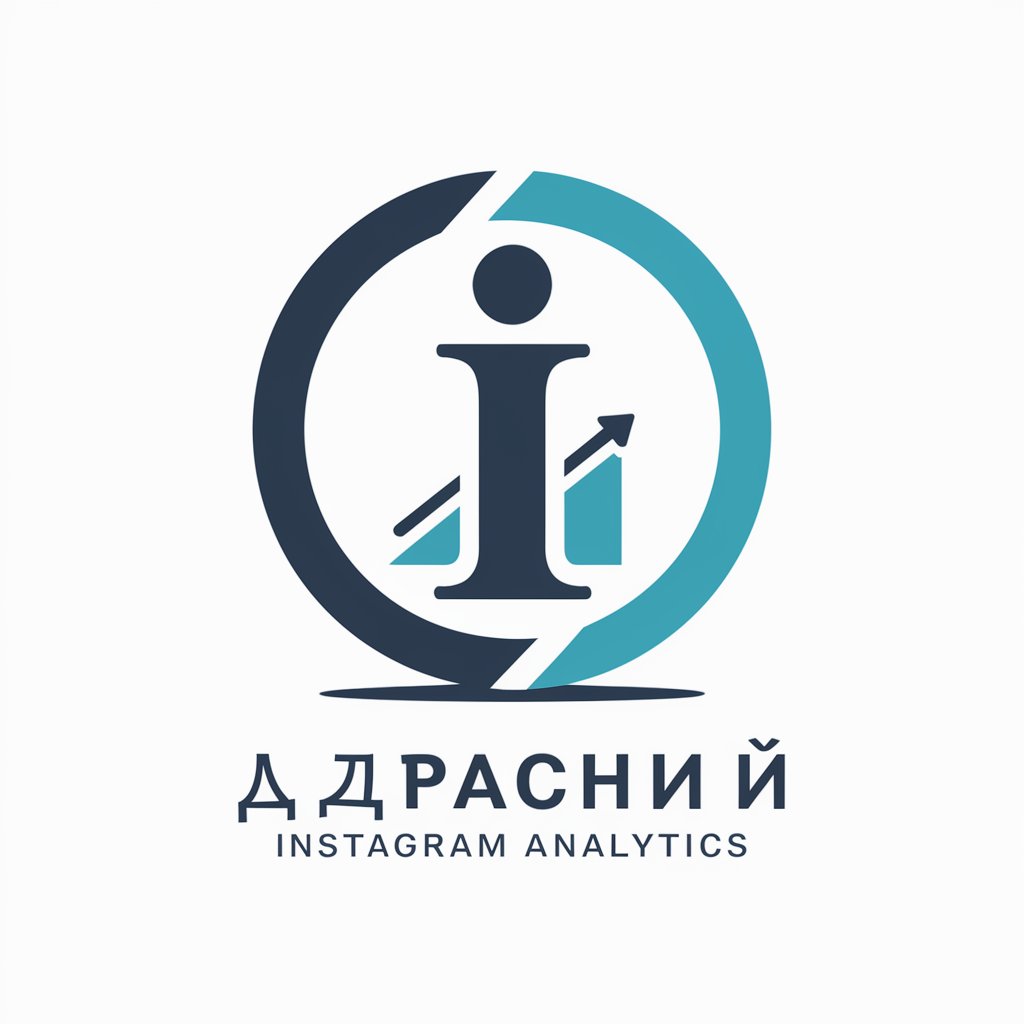
Business Strategy - SWOT, PESTLE, BCG Matrix, etc.
Strategize Smartly with AI-Powered Insights

Survival Analysis Tutor
Master Survival Analysis with AI

Assistant Aye
Craft Your Story with AI
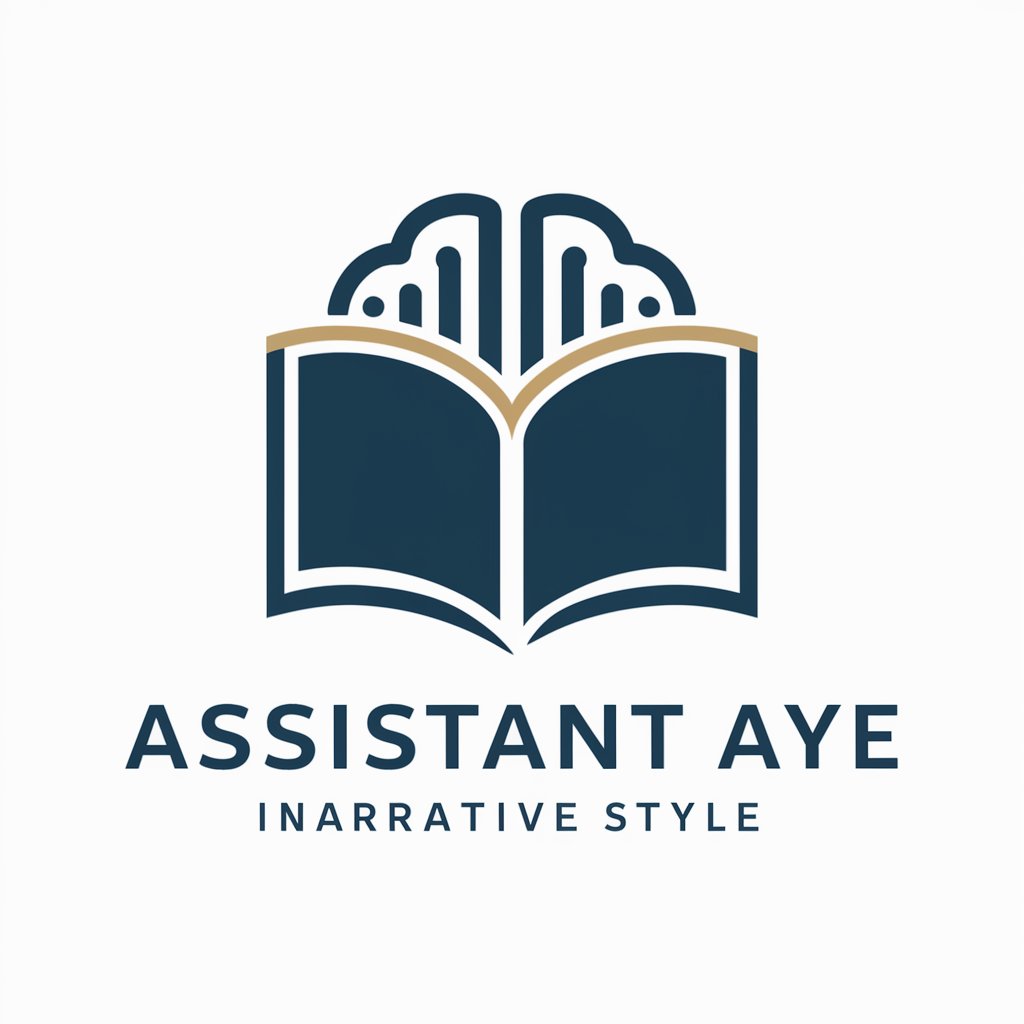
Scholar GPT Pro
Empowering Research with AI

Academic writing aid
Enhance your writing with AI-driven insights

Entrenador Personal
Empower your workout with AI
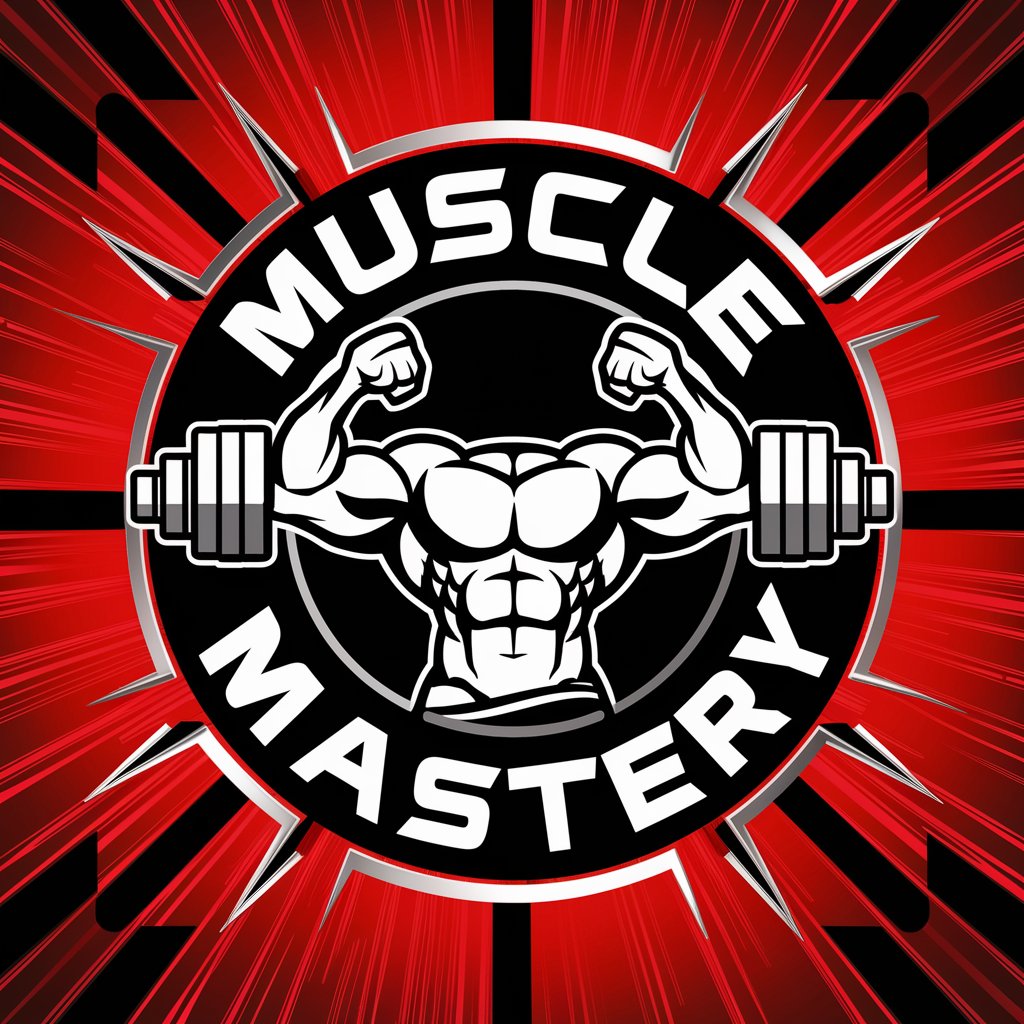
Mr. Paid Social Ads Policy
Navigate ad policies with AI precision.

AMZN Listing Creator: SEO & Engagement Driven
Boost Your Sales with AI-Powered SEO

Common Questions About Theology
What theological topics can I explore with Theology?
Theology covers a vast array of topics from systematic theology, scriptural studies, to discussions on religious ethics and modern theological debates across various faith traditions.
How does Theology simulate conversations with historical theologians?
Using advanced natural language processing, Theology simulates realistic conversations based on the documented teachings and writings of figures like John Calvin and Jonathan Edwards, providing a unique educational perspective.
Can Theology help with academic theological research?
Yes, it can guide users through complex theological discussions, provide authoritative sources, and help articulate nuanced theological arguments, making it a valuable tool for academic writing and research.
Is Theology suitable for interfaith discussions?
Absolutely, Theology is designed to handle interfaith discussions with respect and provide balanced views, making it ideal for users interested in comparative religious studies.
What interactive features does Theology offer?
Theology offers interactive quizzes, branching dialogue paths, and personalized learning experiences that adapt to user preferences and knowledge levels.
